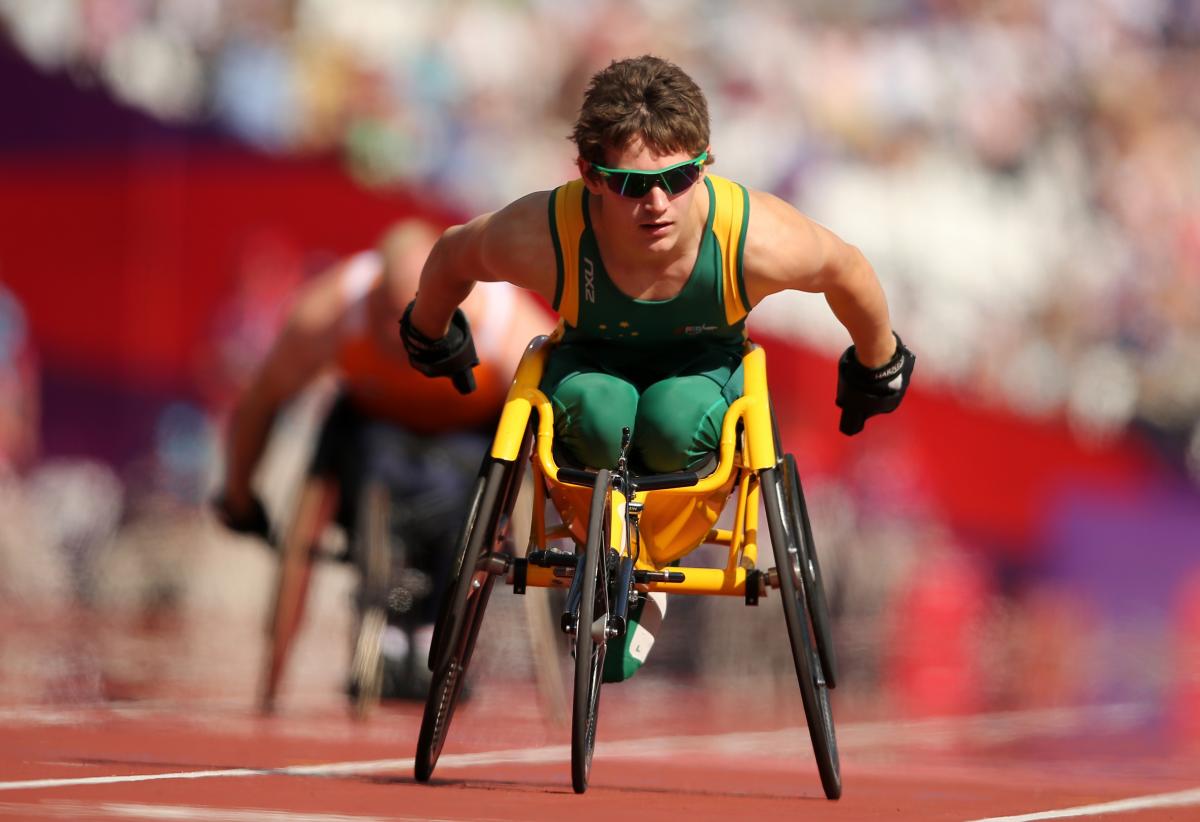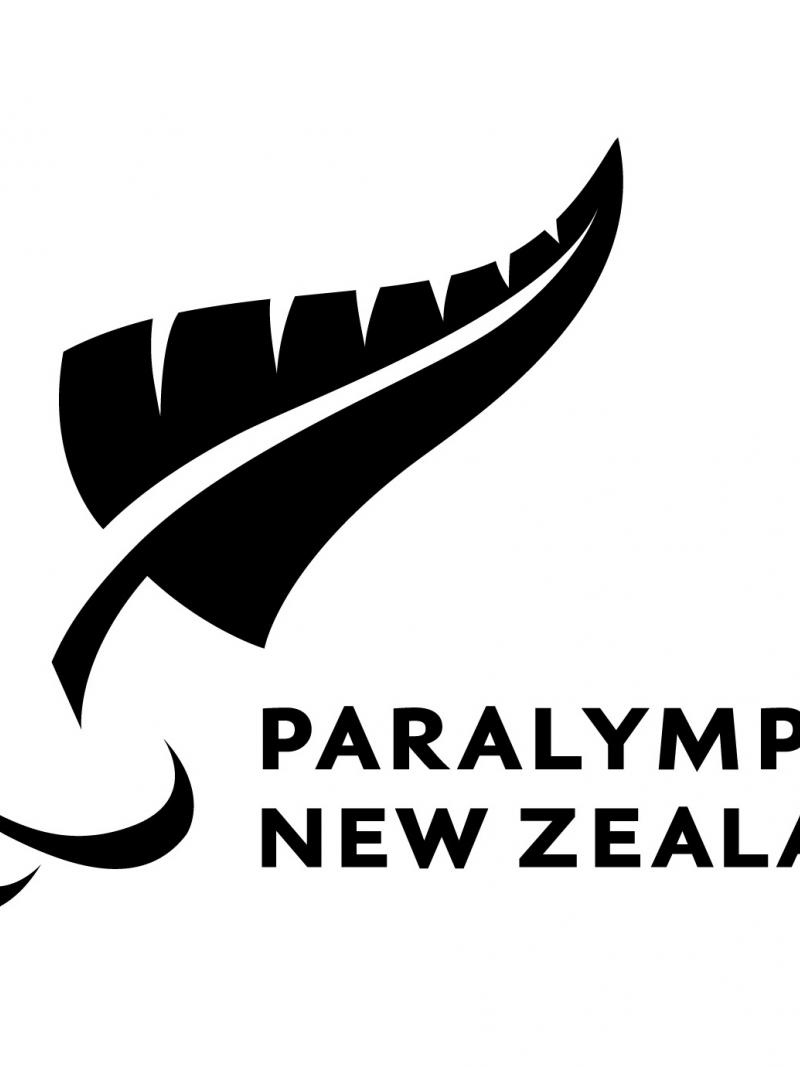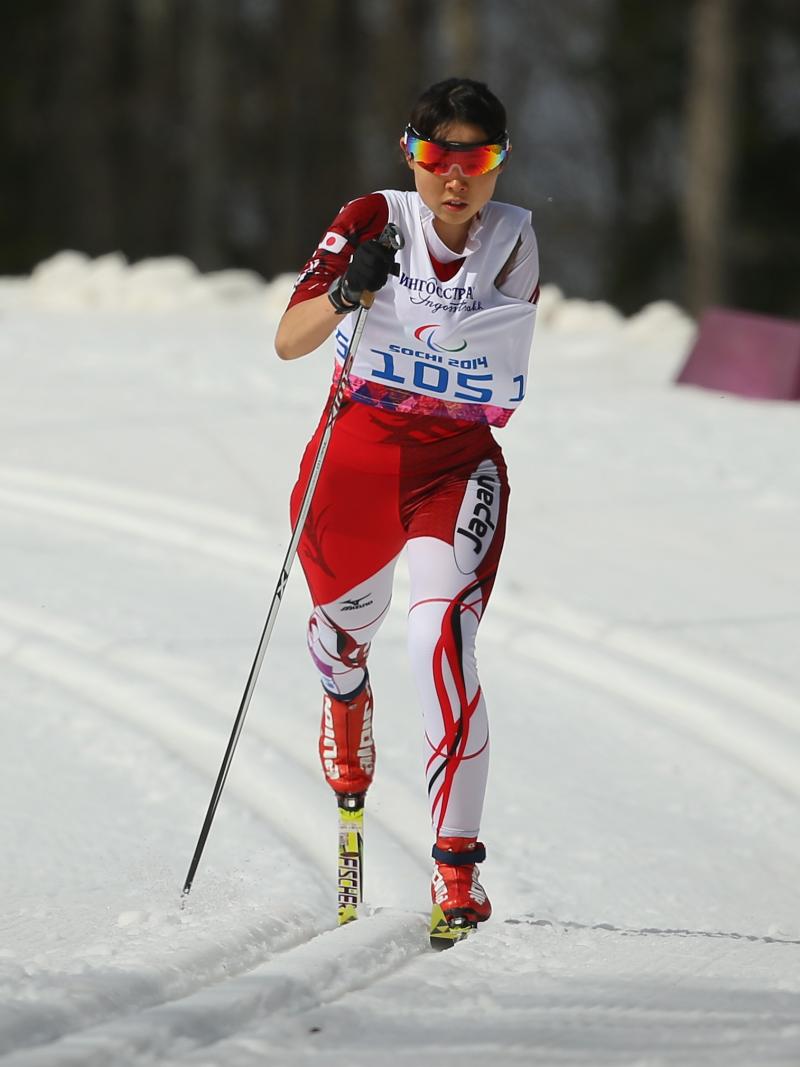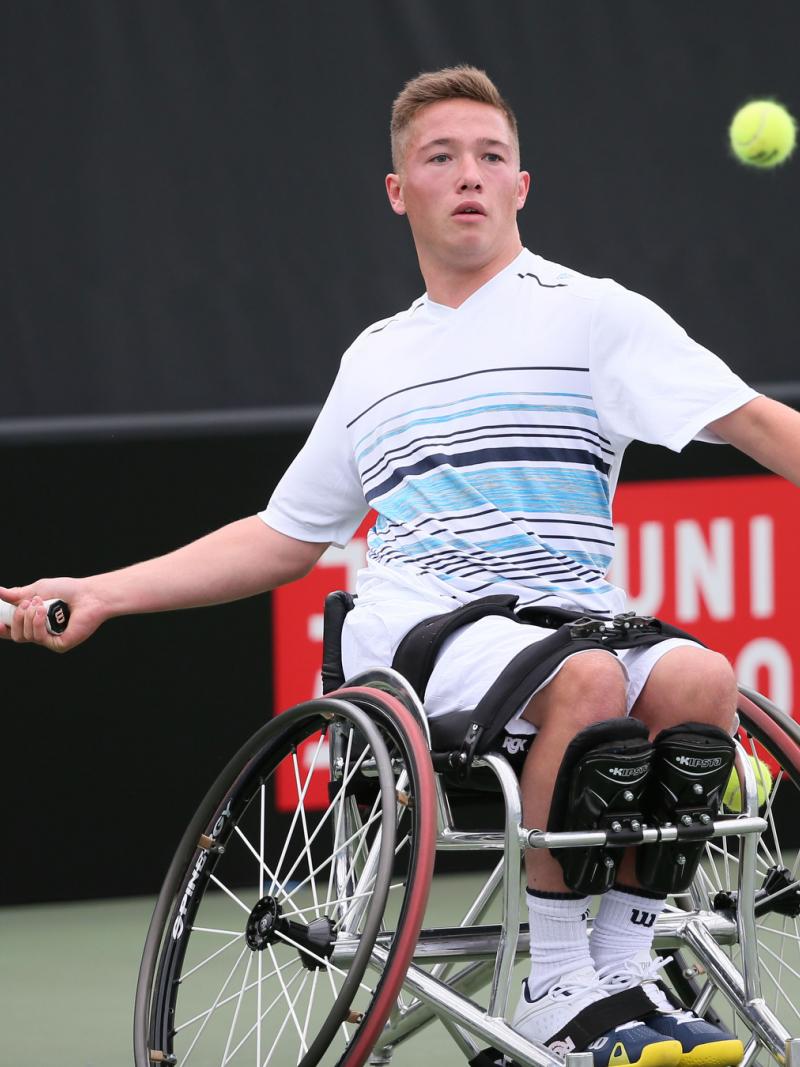Face of the future: Australia’s Rheed McCracken
The T34 wheelchair racer talks about the influence of Kurt Fearnley and how he is aiming to win his first world title this October. 02 Sep 2015
Rheed Mccracken of Australia competes in the Men's 200m -T34 heats on day 6 of the London 2012 Paralympic Games
"I would love to win a gold medal at a World Championships, it would just be the best thing. That and winning a Paralympic gold medal would be amazing."
Five years ago, Rheed McCracken lined up for a charity race – the Balmoral Burn – in Sydney, Australia. He had borrowed a race chair, having taken up the sport just two months previously.
It was a moment that was to change his life. The then 13-year-old was introduced to Kurt Fearnley, Australia’s multiple Paralympic and world champion, and from then on the experienced T54 racer took McCracken under his wing.
“It’s a hard race, and a lot of determination to get up that hill. I think if I didn’t show the determination that day maybe he would have thought I was a bit of a slack,” explained McCracken.
“I don’t want to sound corny but he did change my life that day. The day I met him he was so forward with everything – I never had to chase him for anything. I feel like he saw something in me in a way, and we’ve kept that relationship going all through London to now.”
By 2011 the young Australian had made his international debut, winning 100m gold at the IWAS World Games; he went on to win silver in the 100m T34 and bronze in the 200m T34 at the London 2012 Paralympic Games, adding three silvers and a bronze at the IPC Athletics World Championships in Lyon, France, a year later.
Now he hopes to build on that success at October’s World Championships in Doha, Qatar.
But this time around the circumstances are different.
McCracken is no longer unknown; in fact, it is his turn to watch out for newcomers. Alongside Tunisia’s reigning world and Paralympic champion Walid Ktila, McCracken is aware that there could well be other young, talented racers breaking through the ranks.
“When I first raced guys like Walid it was more like ‘I’m not really known, I’m just going to go out there and do whatever I have to do.’ Now is the time when it is starting to be a bit more pressure to perform, to keep these top three placings that I did in the last World Championships.
“I’d love to be able to get out there and go for it, but the hardest part now which I found out at the World Championships, is you are never really sure of what these guys can do, and you never know who is going to be on your radar.”
McCracken believes he has already had one major wake-up call at the start of the year.
“Austin Smeenk from Canada came out to Australia in January and he showed me up in the 800m, so that was another wake-up call – it’s not only those top guys that you’ve got to watch, it’s the ones that were like me – going out there and pushing as hard as they can.
“Now I’m focusing on the technical side of it, whereas before when I first came through I just wanted to race hard. I didn’t have any strategy, I did whatever I had done in training. I had no real idea what to do in a race like an 800m, I would just push out and go as hard as I could. But now I’m starting to find the strategy more.”
Indeed McCracken believes he is in a far stronger position now than he was two years ago when he won those four global medals.
“In 2013 it was hard, I probably wasn’t as fit as I could’ve been, but I did struggle a little bit with maintaining that fitness after trying to hold it for the whole of 2012, then try and do it again for the whole of 2013. It was good to have a break and now I’ve come back I feel better than 2012.”
Meanwhile McCracken’s respect and rivalry for the great Tunisian is an important aspect of his progress on the track.
“I won the 100m T34 (at the Daniela Jutzeler Memorial) in Switzerland last year which was the first time I’d beaten Walid since 2011, so that was a big moment for me.
“I feel that when I turn up to a track I’m not just that one that’s in the way, I’ve got a bit of a placing on the track now. And that’s good.
“I would love to win a gold medal at a World Championships, it would just be the best thing. That and winning a Paralympic gold medal would be amazing. But I know that I do have to work hard for it and I know that I’m not just worrying about Walid anymore, there are a lot of others to think about.”
But with the curve of McCracken’s graph going ever upwards, there’s a sense that the others are thinking about the young Australian just as much.
October’s IPC Athletics World Championships are set to attract 1,400 athletes from 100 countries and will take place in Doha, Qatar, between 21-31 October.

 Facebook
Facebook
 Instagram
Instagram
 Twitter
Twitter
 Youtube
Youtube



